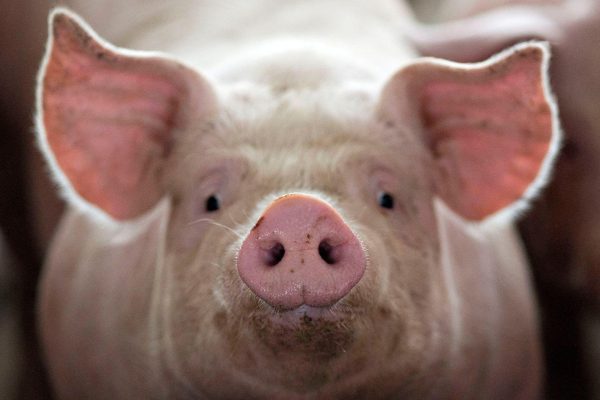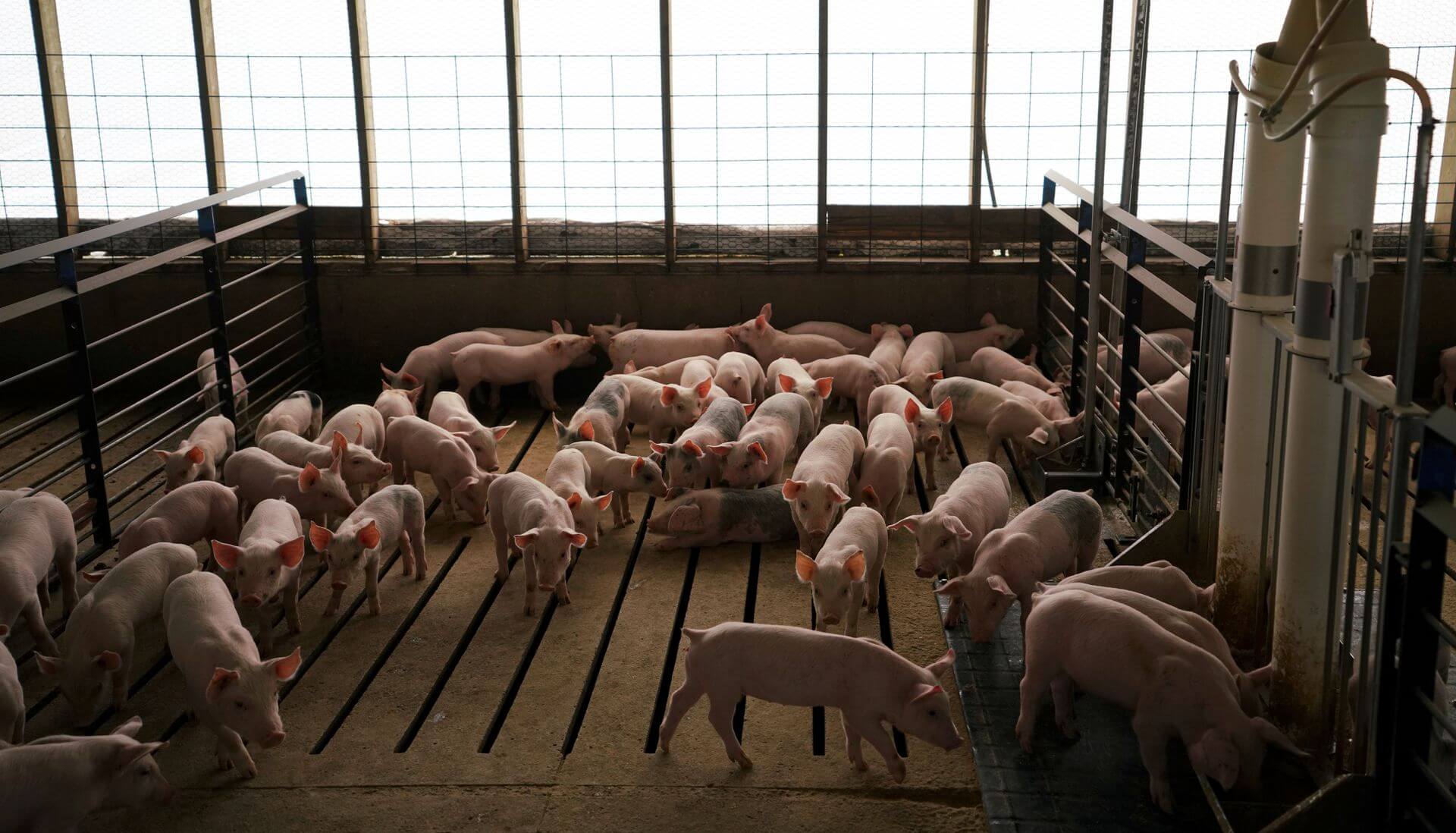U.S. Supreme Court Upholds California’s Ban on Sale of Pork from Confined Pigs
The U.S. Supreme Court upheld California’s ban on cramped-pig pork sales. The court’s 5-4 ruling rejected the National Pork Producers Council and American Farm Bureau Federation’s contention that the statute inappropriately restricted out-of-state producers.
The trade Clause of the U.S. Constitution authorizes the federal government to regulate interstate trade. The justices disagreed on maintaining the legislation.
The court’s majority judgment, written by conservative Justice Neil Gorsuch, stated that the Constitution does not concern California retailers’ pork chop sales. In 2018, Proposition 12 banned the sale of pork, veal, and eggs from animals in insufficient confinement.
Pigs must have space to turn around, lie down, stand up, and stretch under Proposition 12. The pig industry stated that the rule caused farmers in other states to adjust their operations to sell pork in California, affecting their ability to compete in the lucrative Californian market.
Kitty Block, president and CEO of the Humane Society, praised the verdict. Block applauded the judgment and pledged to continue opposing mother pig confinement.
‘That state overreach will raise prices, close small farms’
The Supreme Court’s ruling disappointed National Pork Producers Council president Scott Hays. Hays said that state overreach will raise prices, close small farms, and consolidate the business.
The third-largest US pig producer, Seaboard Corp., will begin supplying compliant meat to California clients on July 1. Before the court’s judgment, the business modified some farms and activities to fulfill California’s criteria.

Chief Justice John Roberts, Justices Samuel Alito, Brett Kavanaugh, and Ketanji Brown Jackson submitted a partial dissent arguing that the challengers should have been permitted to suit in lower courts. They said the law hampered interstate trade.
The pork industry claims that American pig farms’ cage sizes are humane and important for animal safety, even if California farms are a minor fraction of the sector. California’s pork legislation is seen as overreaching.
The Biden administration defended pork farmers, arguing that states cannot restrict items based on philosophical objections if they do not endanger public health or safety.
The current industry norm for breeding pigs, or sows, is 14 to 20 square feet (1.3 to 1.9 square meters), while Proposition 12 mandates 24 square feet (2.2 square meters). This legislation protects animals. The pig industry’s lawsuit reached the Supreme Court after the 9th U.S. Circuit Court of Appeals affirmed a lower court’s dismissal. The $26 billion U.S. pork sector has few California farms.
The Supreme Court’s Decision
The Supreme Court’s decision affects the pork sector and animal welfare. The court upheld California’s ban on confined pig meat sales, confirming the state’s jurisdiction to control animal welfare.
Mixed responses. It’s a win for animal welfare and industrial humaneness. The pork industry claims that the verdict empowers states to unduly influence interstate trade, which might raise consumer prices and consolidate smaller farms.
One of the nation’s largest pig growers, Seaboard Corp., plans to sell compliant meat to California clients. Some firms are reacting to changing rules.
The California legislation burdened interstate trade, according to the dissenting judges, including Chief Justice John Roberts. They proposed allowing the matter to proceed in lower courts to analyze interstate trade.
This case affects state-federal agricultural and animal welfare regulation beyond the pig business. The verdict confirms that states can set and enforce their own rules, even if they impair interstate trade.





